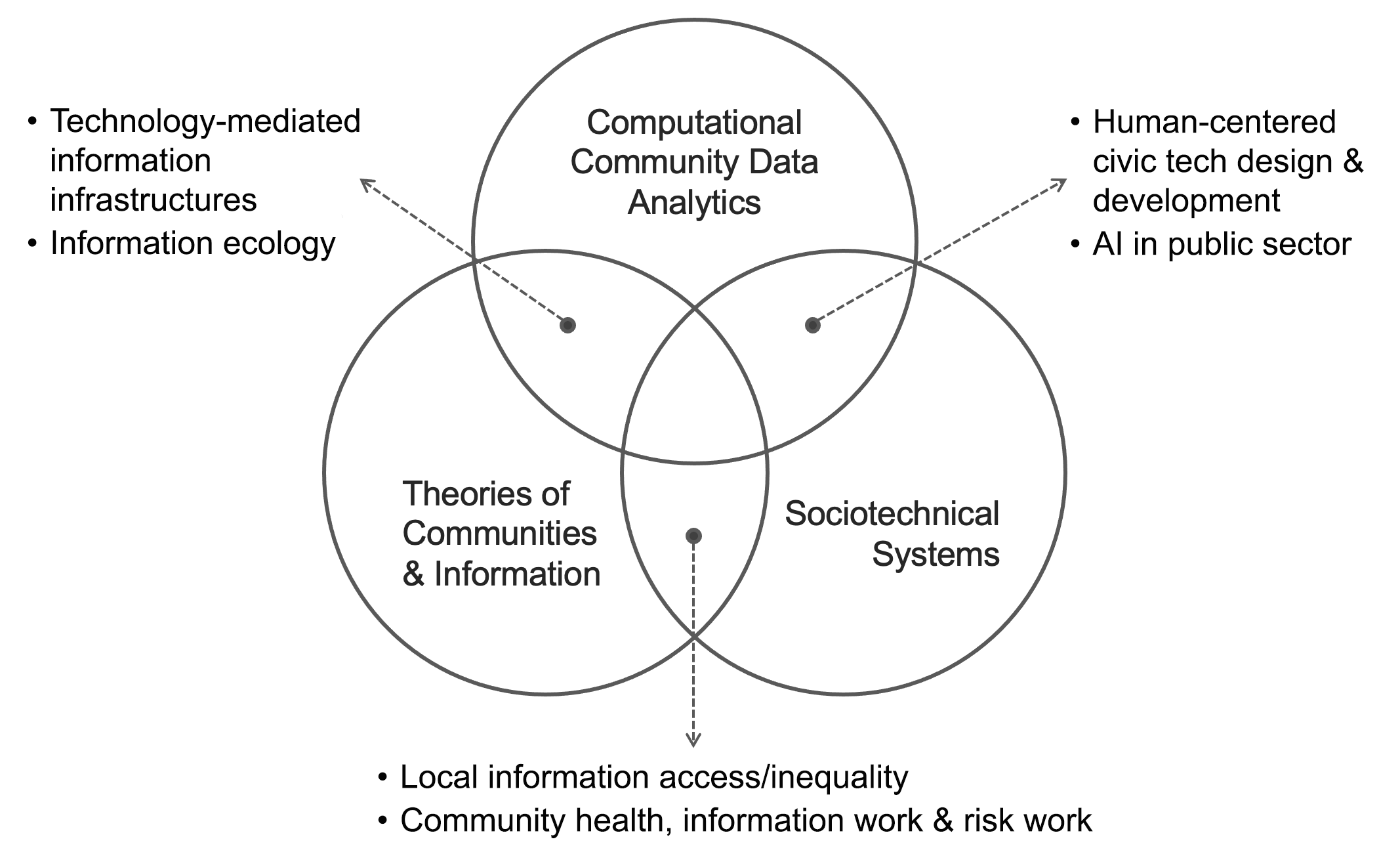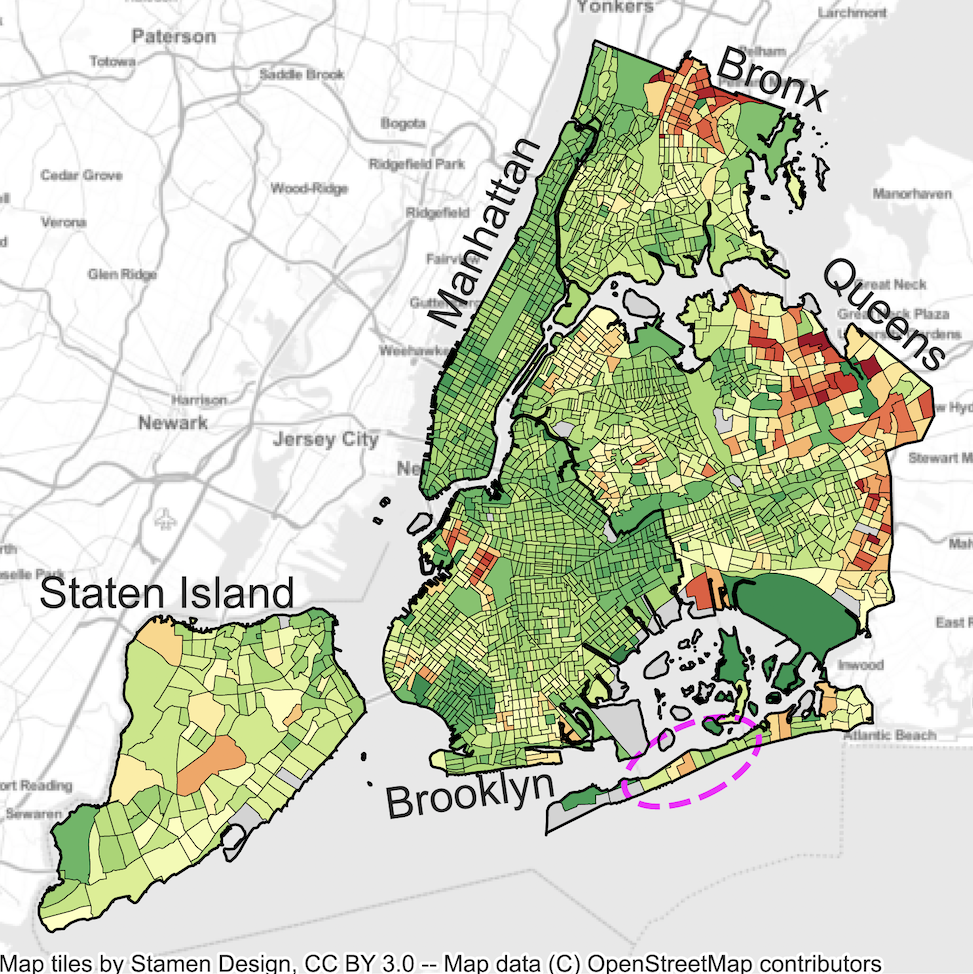Professional Background
Before I start studying information science, my focus was mainly on computing systems and software engineering including signal processing (e.g., image and sound data processing) and embedded software (i.e., system-level customized software for computing devices). For my Master's thesis, I designed a MapReduce-inspired software framework for swarm robot systems to reduce the complexity of application development while allowing energy-efficient transmissions of robots' sensory data. At that time, I read Swarm Intelligence (Kennedy et al., 2001), and was intrigued by the underlying philosophy of swarm robot systems, which assumed that intelligence was possible only when multiple agents exchanged their different perceptions of information. This raised my intellectual curiosity for people's use and exchange of information that resulted in high intelligence of humans and eventually led me to pursue studies in the field of Information Science. Currently, I am a boundary-spanner in a boundary-spanning institution, aiming to bridge multiple disciplines to solve information problems.

